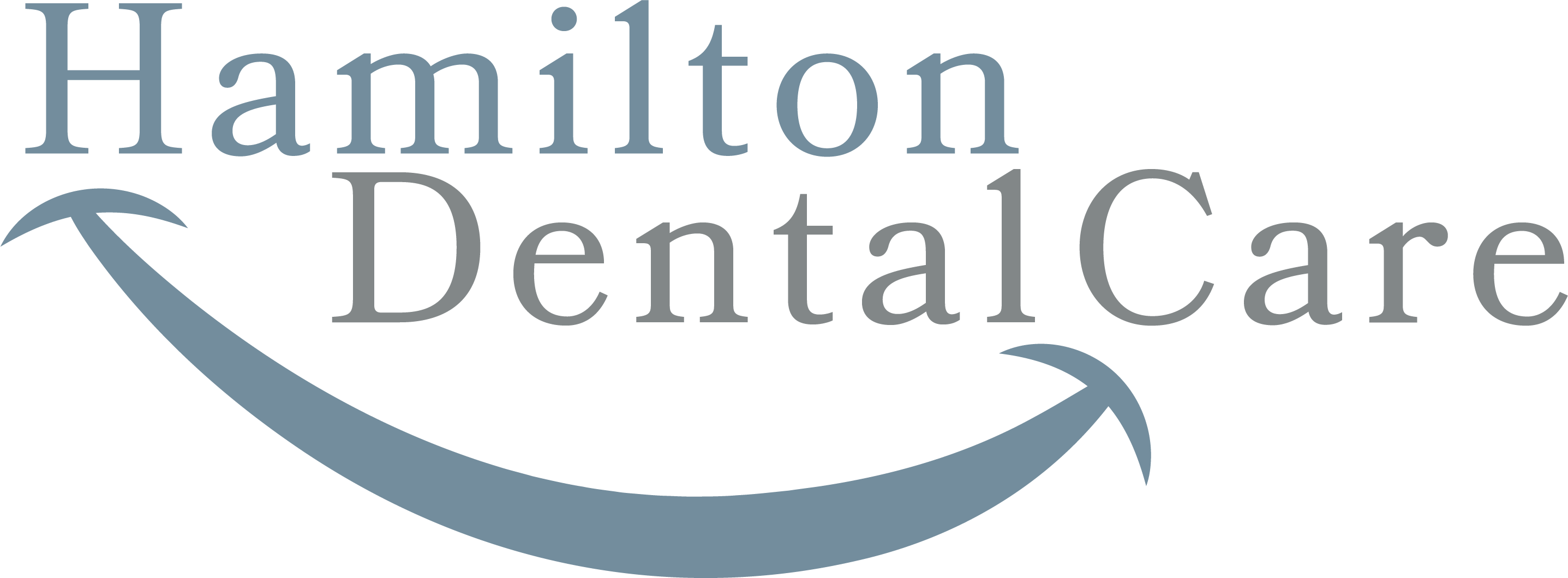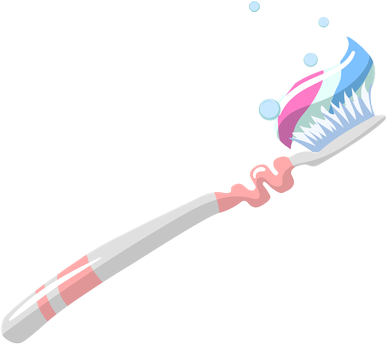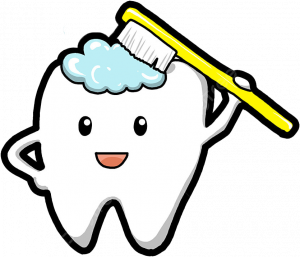 Bloomsburg, Danville, and Lewisburg, PA
Bloomsburg, Danville, and Lewisburg, PA
There are many reasons to pay close attention to dental health. The teeth and jaw play a substantial role in the appearance and overall way people feel about and carry themselves. Healthy teeth help people feel confident about their smiles, breath, and normal speech patterns. Having healthy teeth also means having the ability to easily eat foods without concern, anxiety, or pain.
By the same token, unhealthy teeth can have a wide range of consequences. Decay or tooth damage (which often leads to decay) can have other health repercussions. A higher possibility for severe pneumonia, a greater likelihood for premature birth and low birth weight in pregnant women, and a heightened risk for diabetes, stroke, heart disease, and Alzheimer’s have all been shown to be present in laboratory tests in people with unhealthy teeth.
Given all these facts, it’s apparent that dental health is quite important. Critical to maintaining oral well-being is a robust hygiene regimen: brushing, flossing, and regular dental checkups are pivotal in keeping the mouth in good shape. But beyond these crucial activities, what other habits promote dental health?
Drink water
Among the many benefits that come from drinking water are the positive effects on oral health. The reasons for this have to do with the main enemy of oral health: tooth decay. Tooth decay is ultimately caused by naturally occurring bacteria in the mouth, most notably Streptococcus mutans. S. mutans is nourished by chemical sugars: compounds like fructose (which is in most fruits and is the main sweetener in high fructose corn syrup), glucose (present in starches), and sucrose (the chemical sugar found in sugar). S. mutans metabolizes sugars into lactic acid, which wears the enamel of teeth (the hard, white outer covering of teeth) and can wear holes into it that allow infection to set in. This demineralization of enamel is counteracted in the body by restorative ions in saliva. These ions work even more effectively in the presence of fluoride, which is found in the water supply of nearly every town and city in the United States.
Between the diluting effects of water on mouth acids and the addition of fluoride, drinking water is very helpful for oral health.
Chew sugar-free gum
While “regular” gum can be harmful to teeth, sugar-free gum is beneficial because it stimulates saliva production, which promotes enamel repair and, thus, wards off decay. This is especially true if the gum contains xylitol, a compound that is ingested by S. mutans but cannot be metabolized by it, leading the bacteria to die.
Rinse after eating
Many foods and beverages contain sugars and/or have high acid levels. Tomato sauces, vinegar, soy sauce, red wine, and soft drinks stand out (even ones without sugar will probably have high levels of acid). Rinsing the mouth after consuming sugary, starchy, or acidic foods can dilute the acid and, thus, the wear on teeth.
Avoid tobacco
Tobacco is harmful to oral health. It can render teeth unsightly because nicotine, the addictive chemical found in all tobacco, turns yellow in the presence of oxygen, which can discolor tooth enamel. Tobacco also has a sticky substance called tar in it. All tobacco has this, but it is especially prevalent in cigarettes, cigars, and pipes. This tar can get trapped in the tiny pores in dental enamel, causing staining. Also, nicotine causes a reduction in saliva; this reduces remineralization and allows the lactic acid in the mouth to do more damage.
Treat bruxism and sleep apnea
Bruxism is the grinding of teeth in sleep. This grinding can be intense, wearing down tooth enamel (which has similar outcomes as dental decay). There are a number of causes for bruxism, including certain medications and stress. Another seems to be sleep apnea, which is a condition in which breathing is disrupted during sleep. The most common form is obstructive sleep apnea, in which the tissues of the throat and mouth relax during deep sleep and block the airway. The brain then causes the sleeper to wake up and resume breathing. In nearly half the cases of sleep apnea, bruxism is also found. In fact, one study suggests that the clenching of the jaw that usually happens right before grinding is the signal to wake the sleeper.
Bruxism, whether caused by sleep apnea or otherwise, requires attention; dentists can suggest various treatments so that the grinding does not affect the health of the teeth.
The best habit for dental health
While all these habits can help with maintaining good dental health, they are complements to (and not substitutes for) regular dental checkups and practices like brushing and flossing, which remain the best habits of all to ensure dental health.
If it’s time for your routine check-up in the Bloomsburg, Danville, and Lewisburg areas, contact Hamilton Dental Care today by calling (570) 316-0887 to investigate your dental options.






Comments are closed